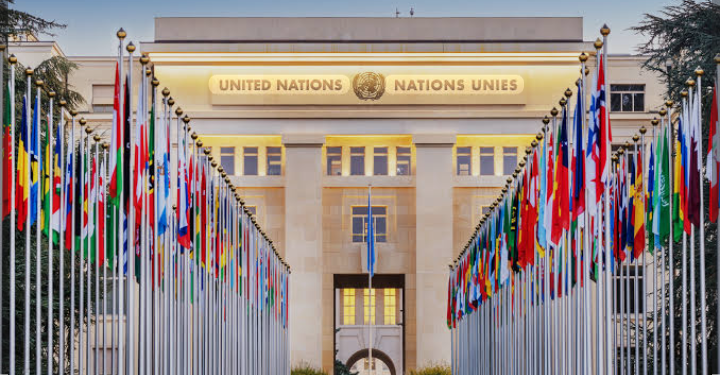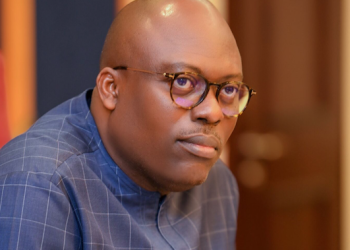In advancing its advocacy and sensitisation of critical stakeholders on the ‘Pact for the future’, the United Nations in Nigeria in collaboration with partners, over the weekend, convened a strategic dialogue on the United Nations at 80 and the Pact.
At the dialogue, convened in collaboration with the Institute for Peace and Conflict Resolution (IPCR), and the Office of Strategic Preparedness and Resilience (OSPRE), and held at the UN House on 29 August 2025, the UN Resident and Humanitarian Coordinator in Nigeria, Mohamed Malick Fall, reiterated the importance of international cooperation in solving the world’s most challenging issues.
“Peace is fragile. Inequalities grow. Climate change accelerates. Technology advances faster than governance. Yet one truth remains constant: when nations come together, when people come together, we can overcome even the hardest challenges,” he said.
Fall added that the Pact rested on five pillars: Sustainable development, Peace and security, Science and technology, Youth and future generations, and transforming global governance.
“That is why the United Nations is working hand in hand with Nigeria on the Pact for the Future.
“We are aligning our cooperation with the five pillars of the pact and the 2030 Agenda for Sustainable Development, as we know that the SDGs are lagging. We are leaving no one behind,” the UN Resident Coordinator added.
Former Head of State and Chairman National Peace Committee, Gen. Abdulsalam Abubakar (rtd) said in his video message that “dialogue must lead to tangible results. Our commitment must be credible, time-bound and deliverable. Anything less can lead to distrust and weaken our democracy.”
He charged the participants to commit to concrete steps that will align every peacebuilding efforts, pointing out that Nigeria’s future “will be secured only by our unity of purpose and the sincerity of follow-through.”
The Chargé d’Affaires, a.i. of Nigeria’s Permanent Mission to the United Nations in New York, Ambassador Syndoph Endoni, expressed the Permanent Mission’s appreciation of the dialogue, adding that it was not merely an exchange of views, but a collective effort to advance the effective realization of the pact for the future and reinforce Nigeria’s peacebuilding framework.
He disclosed that Nigeria was already reviewing existing peacebuilding frameworks and initiatives by identifying key achievements, gaps, and opportunities for reform; prioritising critical areas of focus, including security sector reform, women’s participation in peace and security and youth engagement; and addressing cross-border terrorism, organized crime, and proliferation of small arms and light weapons, as well as climate-related security risks.
Speaking at the event, Director of the United Nations’s Team for Pact Implementation, Themba Kalua, underlined Nigeria’s leadership role in this new era of multilateralism.
According to him, Nigeria was an active voice in negotiating the Pact, pushing for progress on poverty eradication, digital cooperation, Security Council reform and climate justice.
The Chairman of Savannah Centre and Nigeria’s former Minister of Foreign Affairs Prof. Ibrahim Gambari, referenced the New Agenda for Peace, a United Nations policy brief, launched in July 2023 by Secretary-General António Guterres, that outlines a vision for strengthening international cooperation to prevent conflict and build sustainable peace.
Gambari, who was also a former Permanent Representative of Nigeria to the United Nations, emphasised that the Agenda remained a living guide to everyone in promoting trust, solidarity, and universality through concrete actions like investing in prevention and peacebuilding, empowering women and youth, reducing strategic risks from new technologies and climate change, and adapting to new forms of violence.








